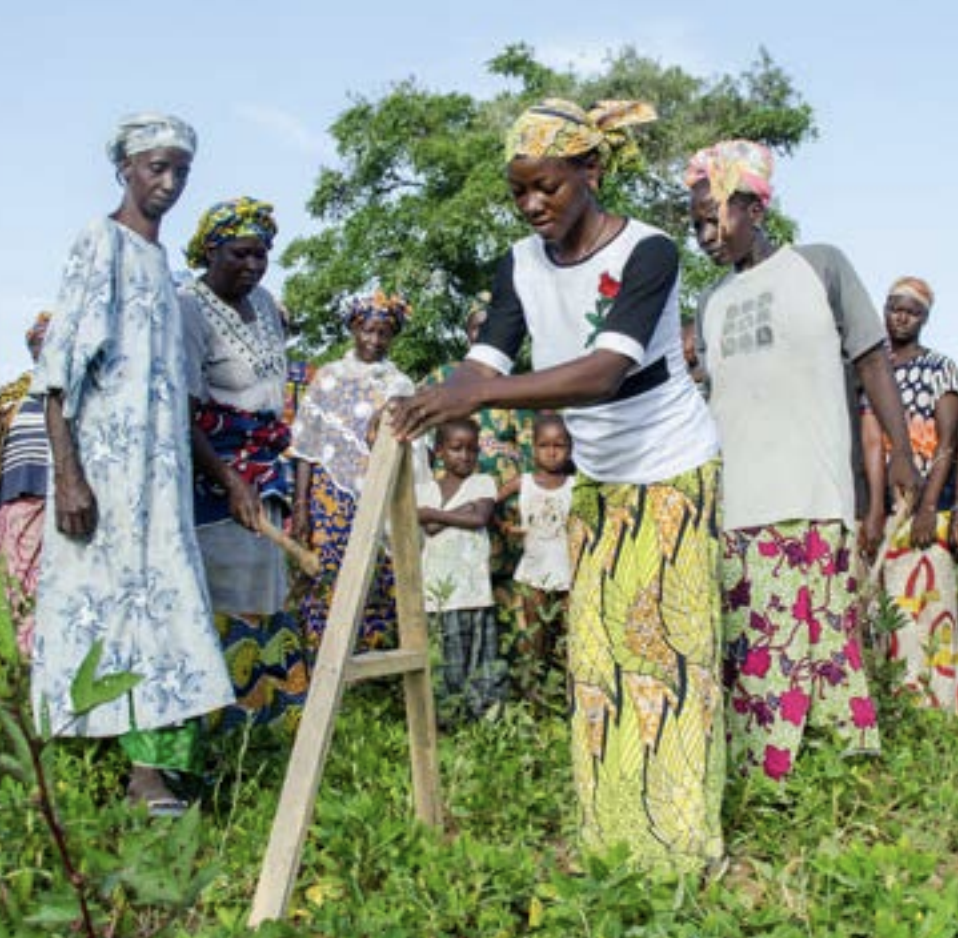Farmers’ Seed Network (China)

Farmers’ Seed Network (FSN) was founded in 2013, established on the basis of Participatory Action Research works of the Center for Chinese Agricultural Policy of the Chinese Academy of Sciences (CCAP-CAS), the Chinese Academy of Agricultural Sciences (CAAS) and the Maize Research Institute of the Guangxi Academy of Agricultural Sciences (GMRI) in the Southwest China. FSN is a pioneering organization in applying participatory research methods on agrobiodiversity and natural resource management in China.
As a non-profit social organization, FSN has worked in over 30 rural communities in 10 provinces across the country to preserve a protected commons of the farmers and plant breeders, support community-based seed conservation and sustainable utilization, and facilitate productive collaborations between farmers and plant scientists for strengthening farmers’ seed systems, improving farmers’ livelihoods, enhancing farmers’ dignity, and promoting national seed security. Our progress and achievements are increasingly gaining attention at local, municipal, provincial and national governments and the international community.
